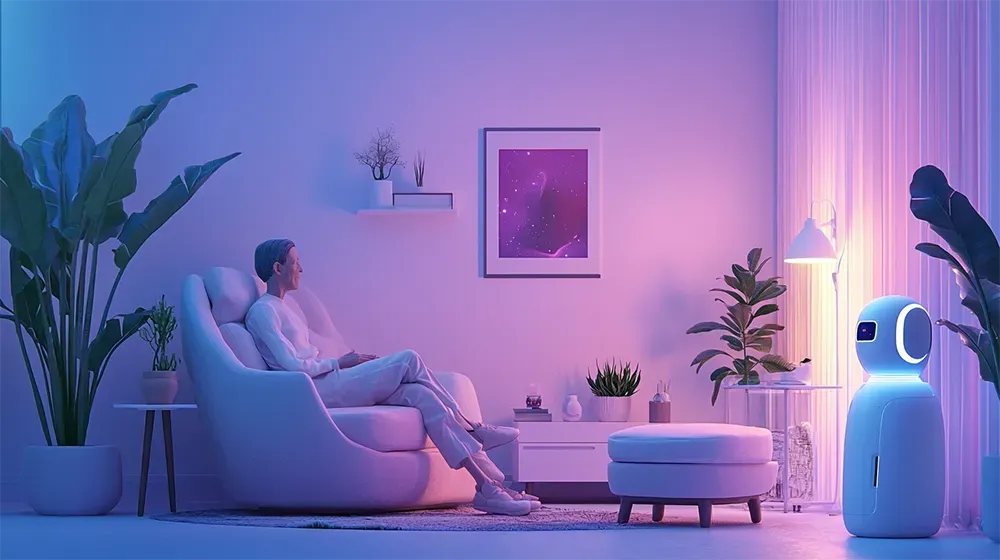Grandma’s Got an AI Caregiver—But Is That a Good Thing?

AI is helping Singapore manage its rapidly aging population, but let’s be honest, do we really want our golden years monitored by a chatbot that thinks coughing patterns determine our life expectancy?
By 2030, one in four Singaporeans will be over 65, and AI is stepping in to fill the caregiver gap. From fall-detecting sensors in homes to AI-driven disease detection, the goal is to keep seniors independent while easing pressure on healthcare workers.
But balance is key. Too much automation risks stripping away human connection.
- AI monitors elderly health but must empower, not control, seniors.
- Singapore blends “high tech, high touch” caregiving to avoid digital ageism.
- AI may help, but human oversight remains essential in healthcare.
AI can enhance elderly care, but should it replace human intuition and empathy? Do we want to spend the remaining years of our lives in an aged care facility run entirely by humanoids? Where should we draw the line between assistance and surveillance?
Read the full article on CNBC.
----
💡 We're entering a world where intelligence is synthetic, reality is augmented, and the rules are being rewritten in front of our eyes.
Staying up-to-date in a fast-changing world is vital. That is why I have launched Futurwise; a personalized AI platform that transforms information chaos into strategic clarity. With one click, users can bookmark and summarize any article, report, or video in seconds, tailored to their tone, interests, and language. Visit Futurwise.com to get started for free!






